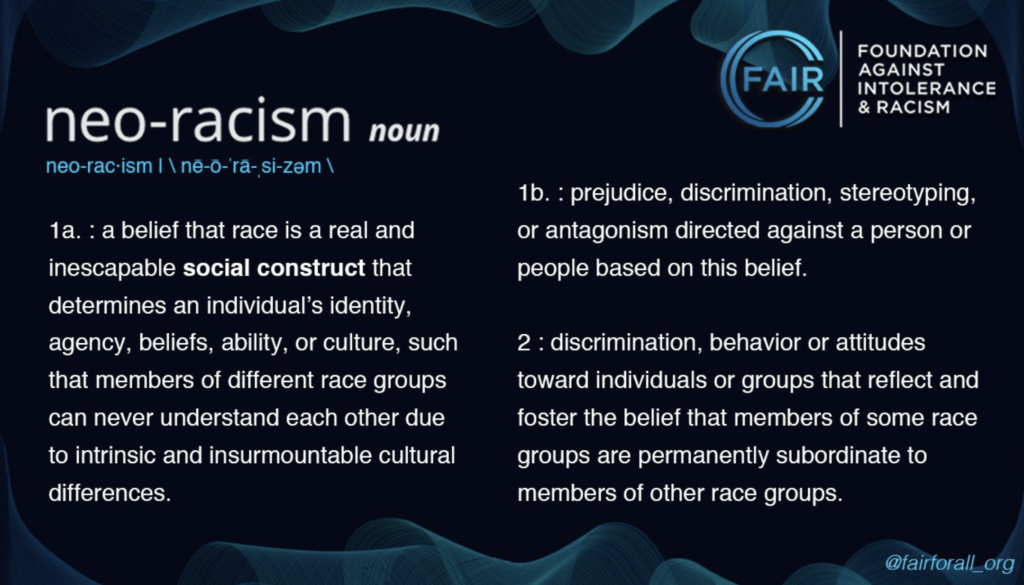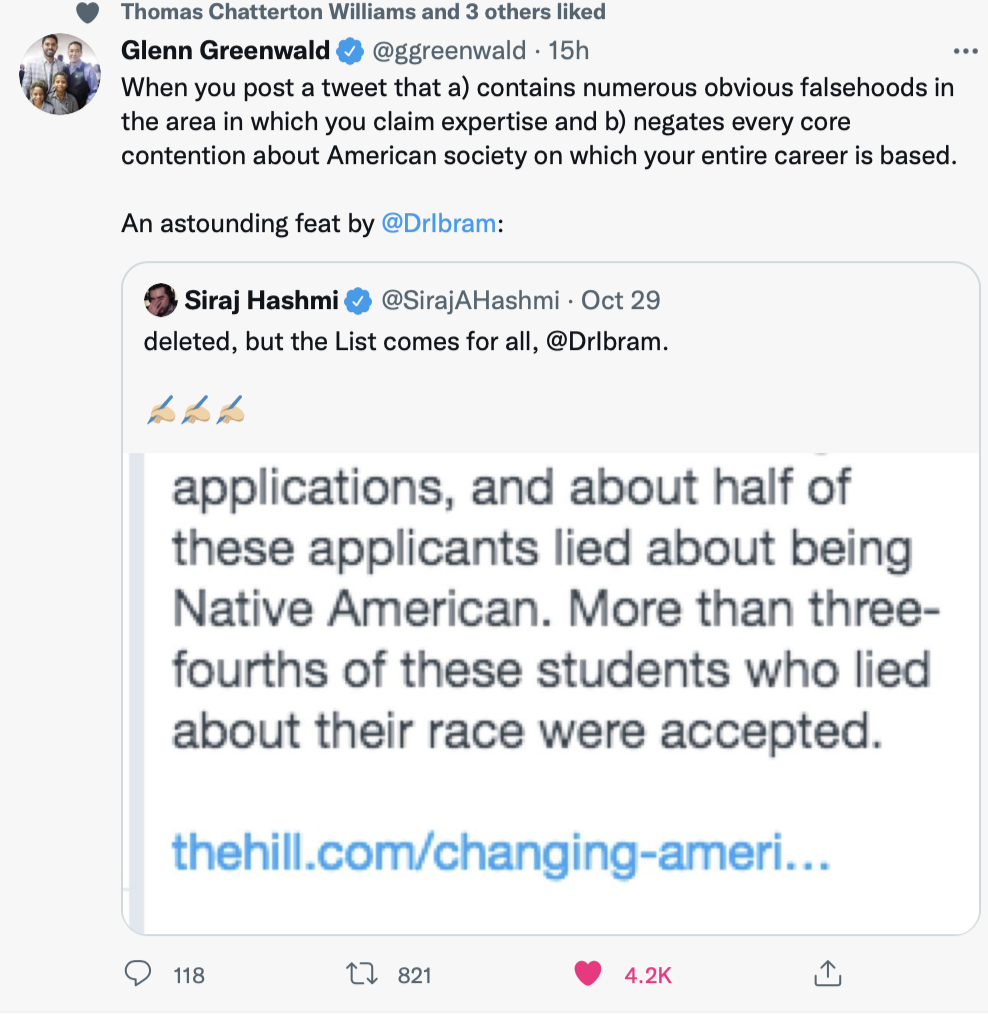Sizing up Diversity Training: Is it Education or is it Indoctrination?
At Counterweight, Chuck Almdale has offered a thoughtful list of ten warning signs in his article at Counterweight: "Ten Signs your Diversity Training Session is CSJ Indoctrination."
Here are the titles to the ten warning signs:
1. It’s mandatory.
2. “Listen with curiosity, without judgment.”
3. “Check your privilege.”
4. “How do you identify?”
5. “What are your pronouns?”
6. Black Allyship.
7. No humor.
8. Shaming for disagreement or critical questions.
9. Diversity of race, gender and ethnicity but not of thought or speech.
10. New terms, rarely supported or defined.
Here's an excerpt on point 8:
Questions are permitted only to increase your shame and acquiescence to their program, as in “How do I stop behaving as a privileged white woman?” Critical questions about their statements or behavior are not permitted. They’ll say, “You’re pulling a power play”—trying to resist them, trying to influence others, subverting the training, and your disagreement proves your racism, that you are “on the wrong side of history”; the future belongs to the Woke. Want to belong? “Do the Work.”
Don’t believe them if they say that the “still, small voice” of your inner self is your White Fragility, panicking at vanishing. If they succeed at inhibiting that voice, your psychological recovery from Wokeness becomes very difficult, as some psychological therapists and others have discovered. Psychotherapist Seerut K. Chawla, practicing in London, dislikes Wokeness for the damage it has caused to many of her patients. Mike Brooks writes in Psychology Today about how Woke shaming destroys compassion. Also in Psychology Today Rupert W Nacoste writes that name-calling is bigotry, not social justice. The pressure to conform from facilitators and other trainees can be overwhelming. Your ounce of resistance is worth a pound of cure. Resist. Question. Tell a joke. Humor subverts Wokeness. One voice of resistance can unleash a chorus of support.
I would add the following. If you are forced to attend such an indoctrination session, go in knowing that you are going to make a lot of people irritated by committing the sin of being honest. You will be called names and you will be shamed. You will survive and live another day. In the middle of the shamefest remember that Martin Luther King put up with abuse a thousand times worse for a period of decades. Talk loud, hold your head high and know that there are a lot of quiet people in that room who are proud of you and relieved that you are speaking up.


